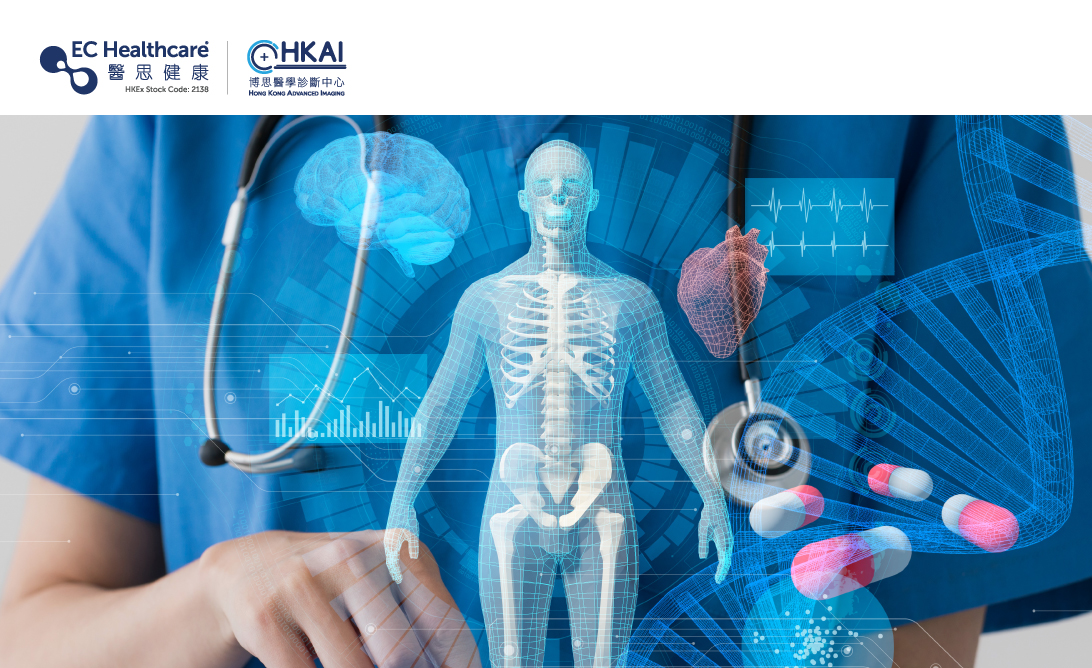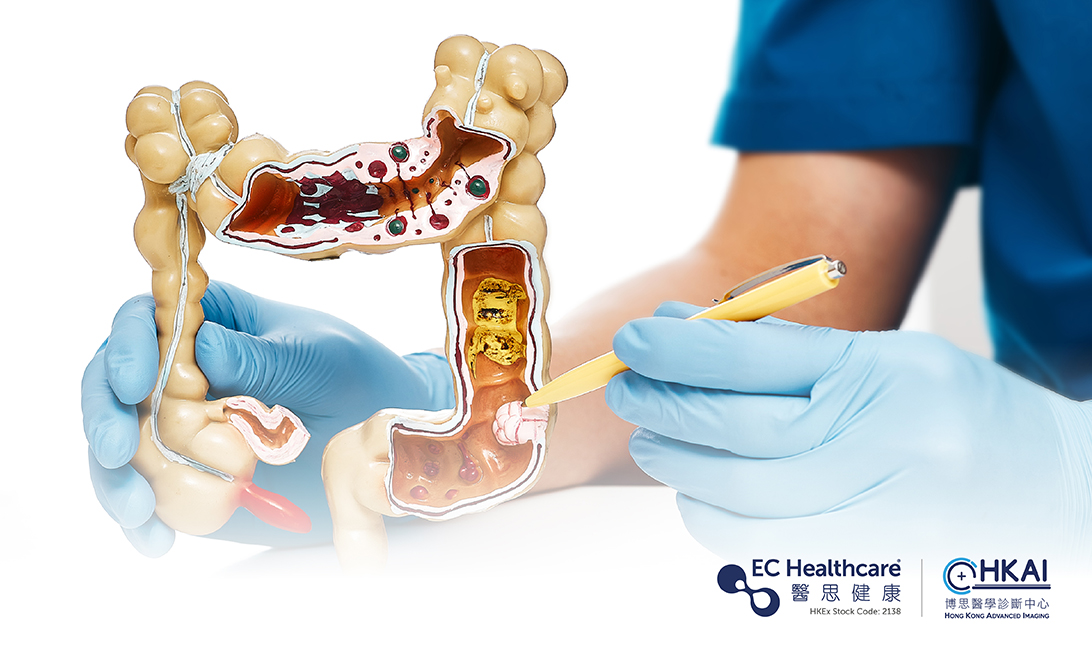Symptoms of Early-stage Stomach Cancer are Hard to Spot: Don’t Ignore Your Abdominal Discomfort


Stomach cancer (gastric cancer) is one of the top 10 cancer killers in Hong Kong. The stomach is part of the digestive system and is responsible for releasing gastric juice to help digest food and transferring it to the intestines to continue the digestion process. Stomach cancer is a degeneration of gastric cells which develop into a malignant tumour. However, when the gastric cells deteriorate, the symptoms can be confusing. The following are common symptoms of stomach cancer, which are very similar to those of other stomach diseases, and some people may not have any symptoms in the early stages:
Mild nausea
Loss of appetite
Having problems swallowing
Feeling full after eating only a small meal
Persistent swelling in the abdomen
Persistent indigestion
Burping a lot
Heartburn or acid reflux
Vague discomfort in the abdomen
Pain at the top of your tummy
Vomiting
Spitting blood
Dark sticky stool
Black stool
Feeling tired or weak
Weight loss (without trying)
The above symptoms are similar to those of gastric diseases such as gastritis, gastric ulcers or duodenal ulcers, and because they may occur intermittently, they can be easily overlooked. When you reach the mid to late stage of stomach cancer, you may experience the following symptoms:
Significant weight loss
Uncontrollable vomiting
Jaundice (yellowing of the eyes and skin)
Having problems swallowing
fluid build-up or lumps in the abdomen
Regular stomach check-ups for early treatment
There are two common diagnostic methods for gastric cancer. The first is gastroscopy, which can be performed on the oesophagus, stomach and duodenum. The doctor may take a sample of stomach tissue via the gastroscope for further testing.









